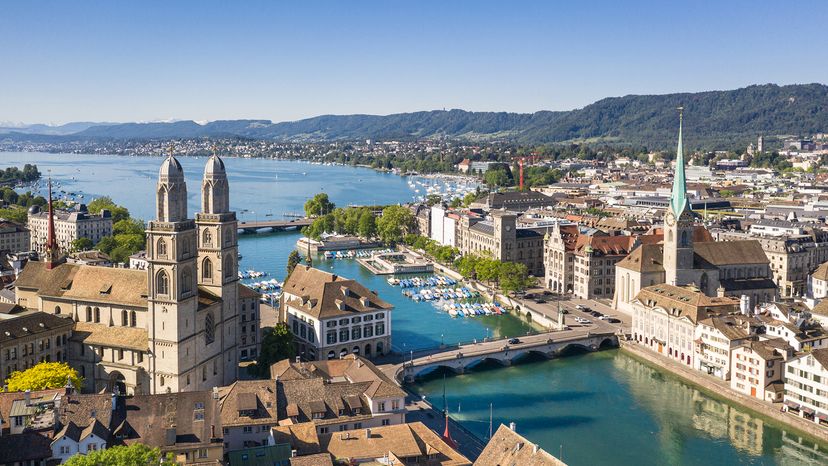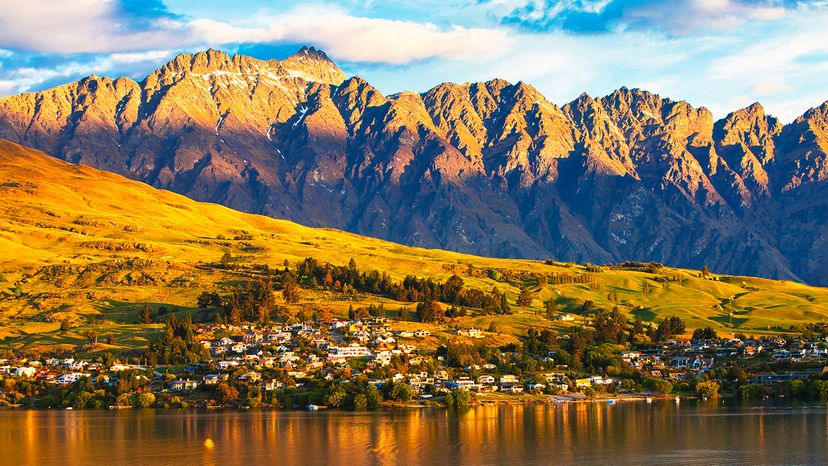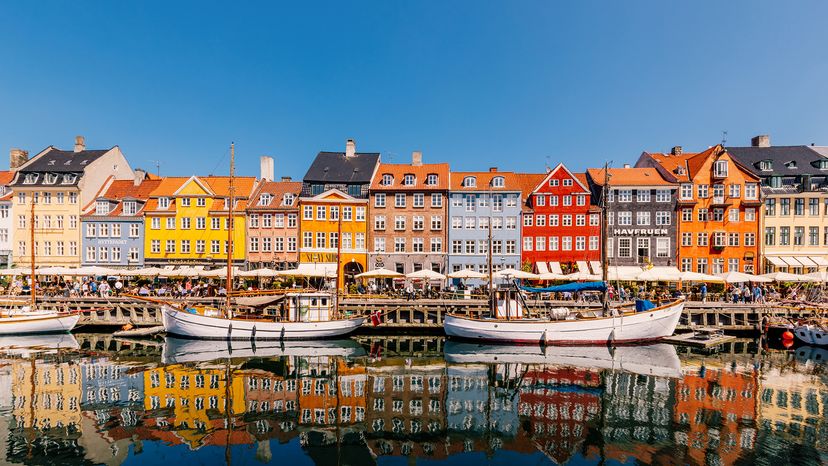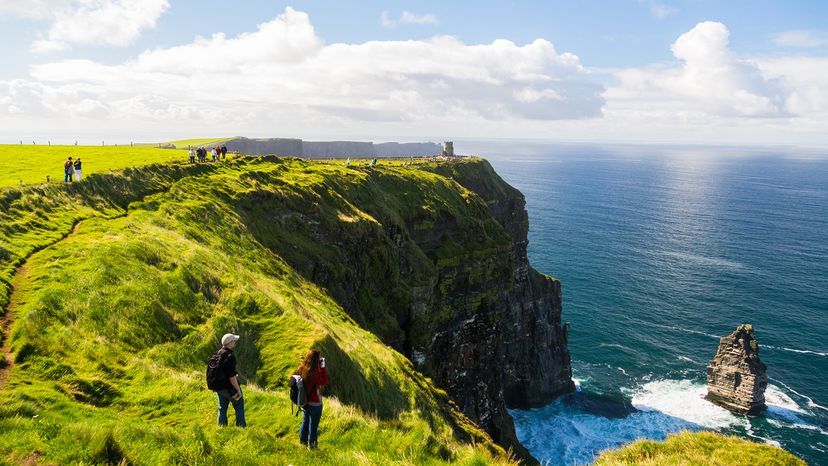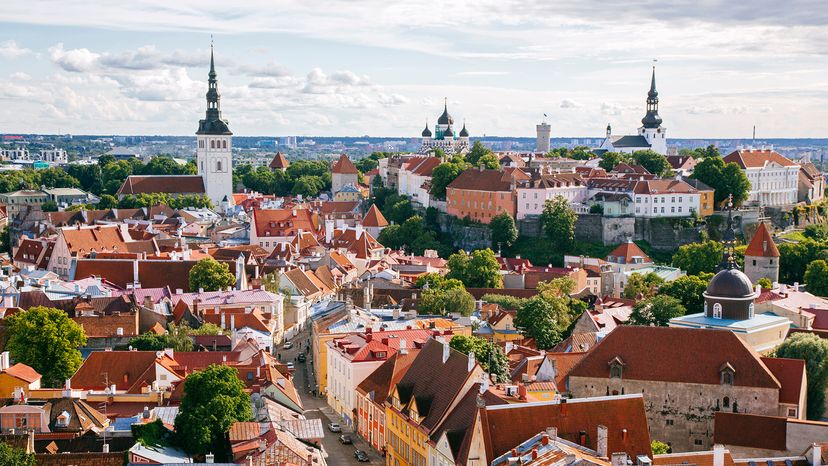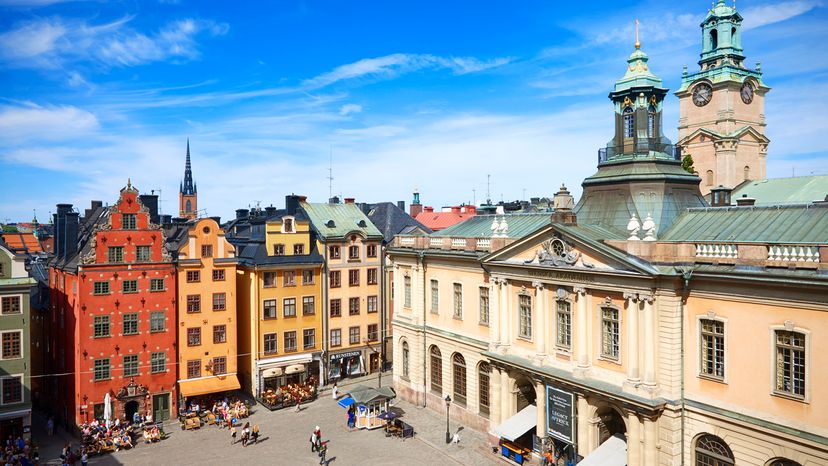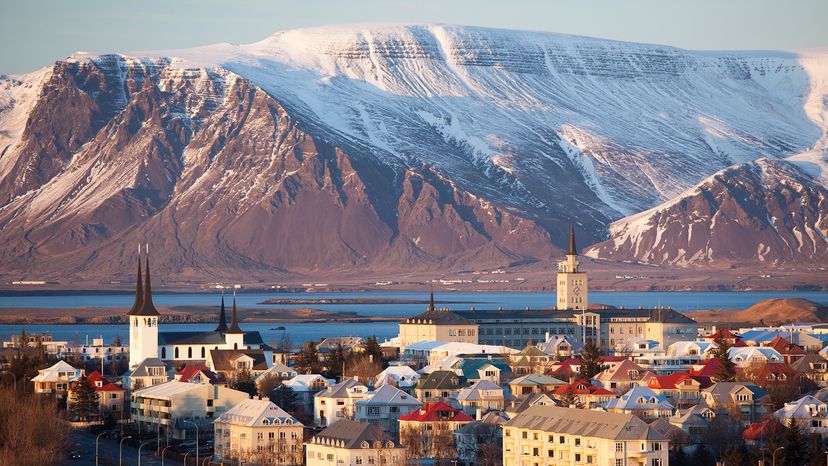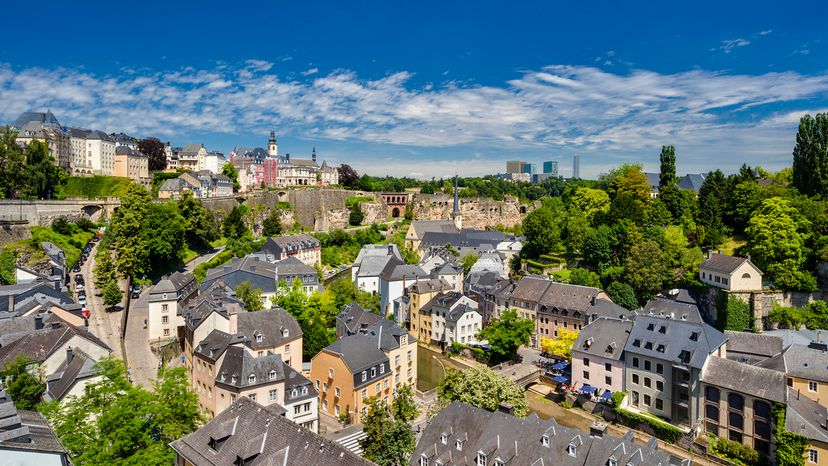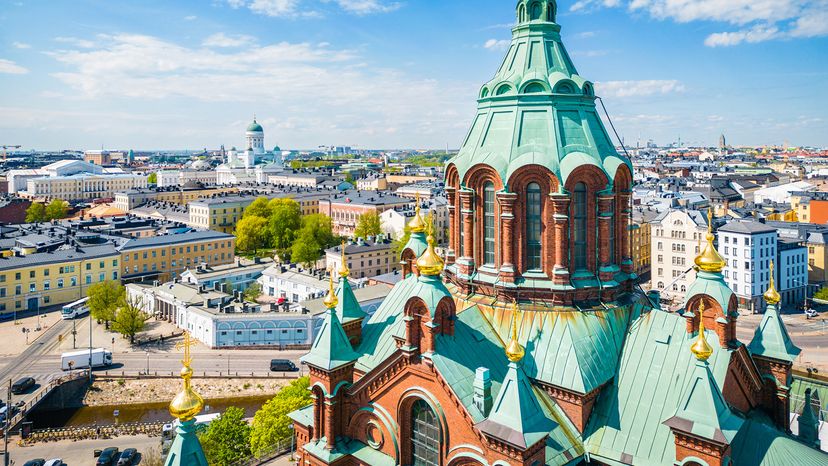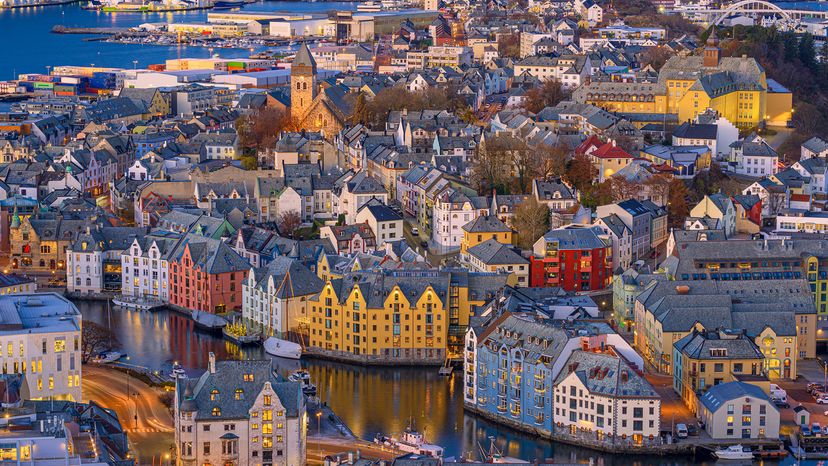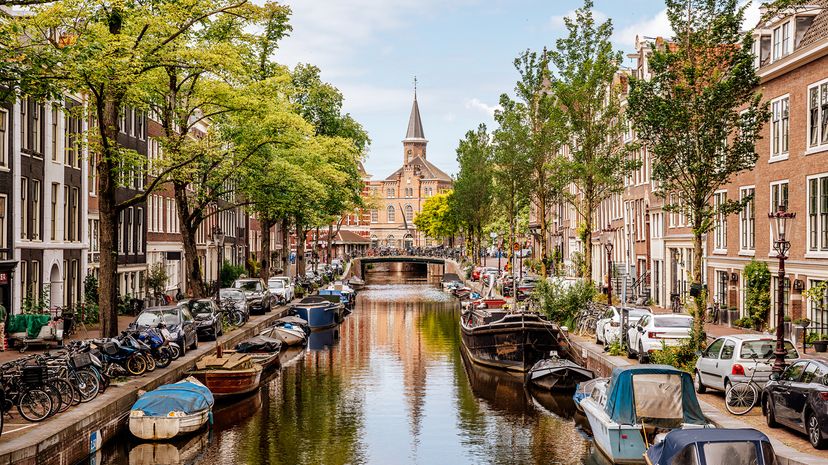The Human Freedom Index Report is an annual paper copublished by three political think tanks: The Cato Institute in the United States and the Fraser Institute in Canada.
This world report is intended to gauge personal freedom across 165 countries, including economic freedom and civil liberties like religious freedom and gender equality.
The paper's authors consider these things to be paramount to human progress. Another similar report called the Index of Economic Freedom by the Heritage Foundation downplays the role of personal freedoms in its judgement and emphasizes only "economic liberty" when selecting the freest country.
Free countries in the eyes of Heritage Foundation are those with the most money flowing into them. Freedom House is yet another policy group that ranks countries based on freedom, but focuses on personal rights and democracy rather than economic phenomena.
Methodologies such as those employed by the Cato Institute or The Heritage Foundation can be useful when conducting your own research, but you may also want to be cautious of attempts to take a broad measure of abstract ideas like "freedom" unless you know exactly what inherently valuable data is going into the result.
Nearly every think tank has a quote about advancing global freedom in its mission statement, but the true purpose of these organizations is often to influence public policy in their home countries or abroad. Their interests can naturally introduce biases when it comes to selecting and representing data.
The Human Freedom Index Methodology
According to the Cato Institute, the 2023 index uses 86 data points when judging a free country, and these are all sorted into 12 general categories:
- Rule of law: Efficiency of civil and criminal justice
- Security and safety: Ratings of homicide and terrorism
- Movement: Freedom of travel within the country
- Religion: Freedom of practice
- Association, assembly and civil society: Freedom of assembly, political rights, political pluralism
- Expression and information: Concerning media censorship
- Relationships: Freedom of marriage and divorce, including same-sex marriage
- Size of government: Tax rates and state ownership of assets
- Legal system and property rights: Impartial courts and police forces
- Sound money: Money value vs. inflation
- Freedom to trade internationally: Tariffs and barriers on foreign assets
- Regulation: Freedom of financial markets and businesses to operate within the country
The raw data used to formulate the Human Freedom Index is also available in spreadsheet form on the Cato website. On this spreadsheet, thousands of data points are available stretching all the way back to the year 2000.
These 12 categories are more broadly sorted into "personal freedom" and "economic freedom" scores which are averaged to give the final score. It also appears that personal freedom is given slightly more weight in determining the final results.

